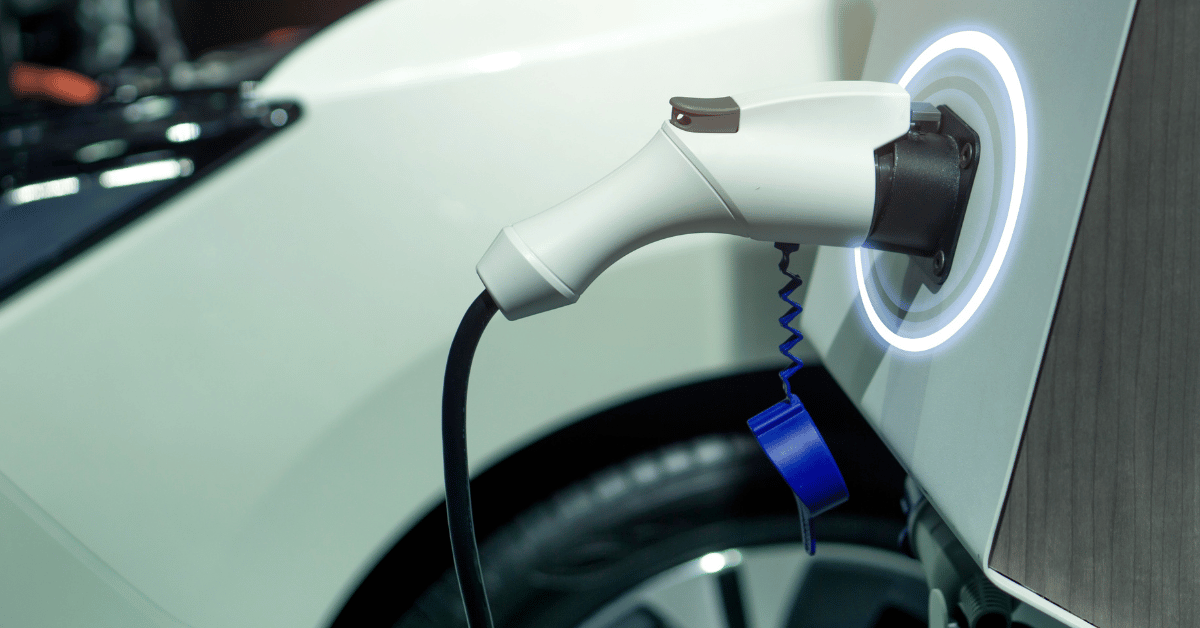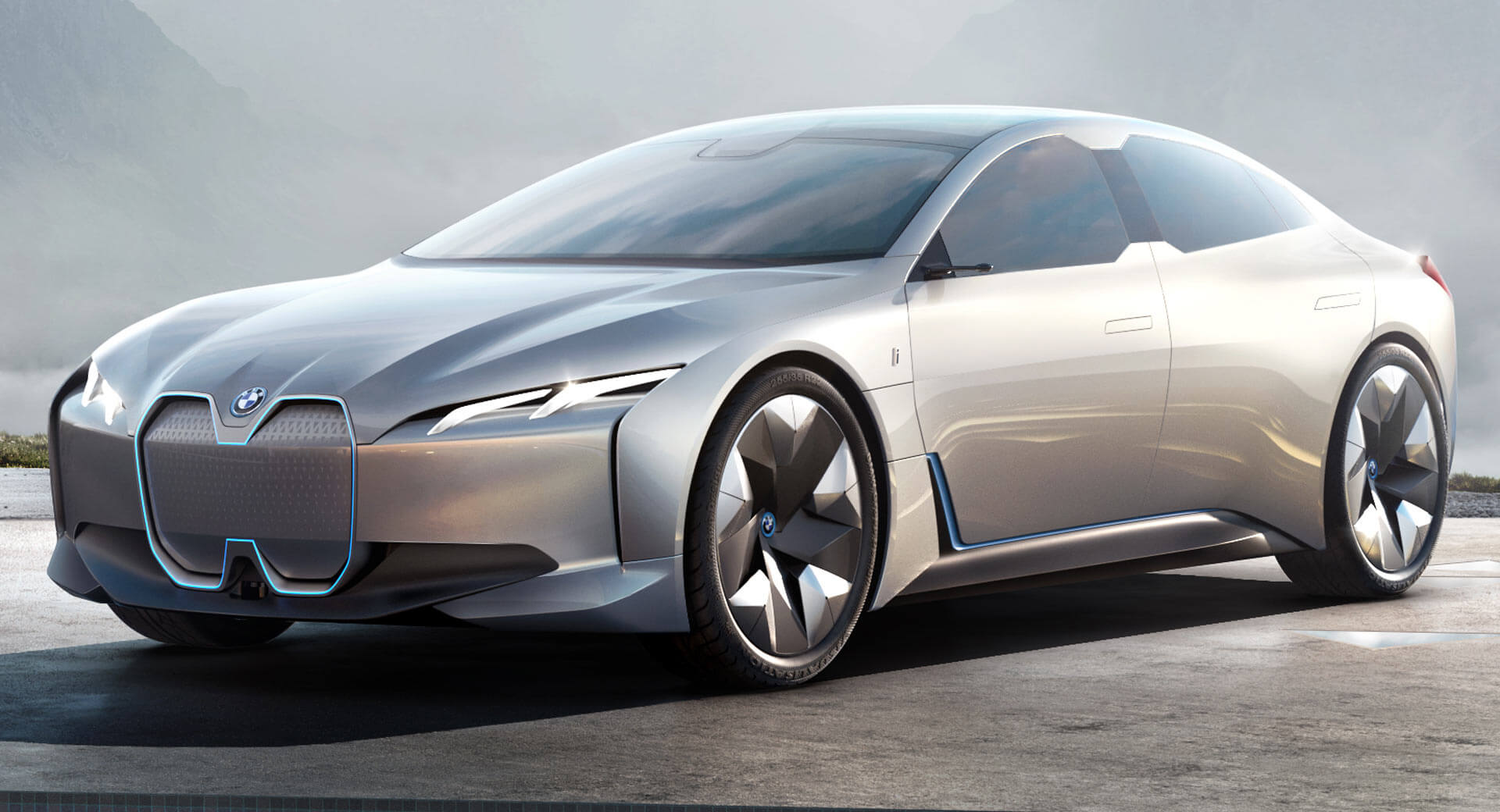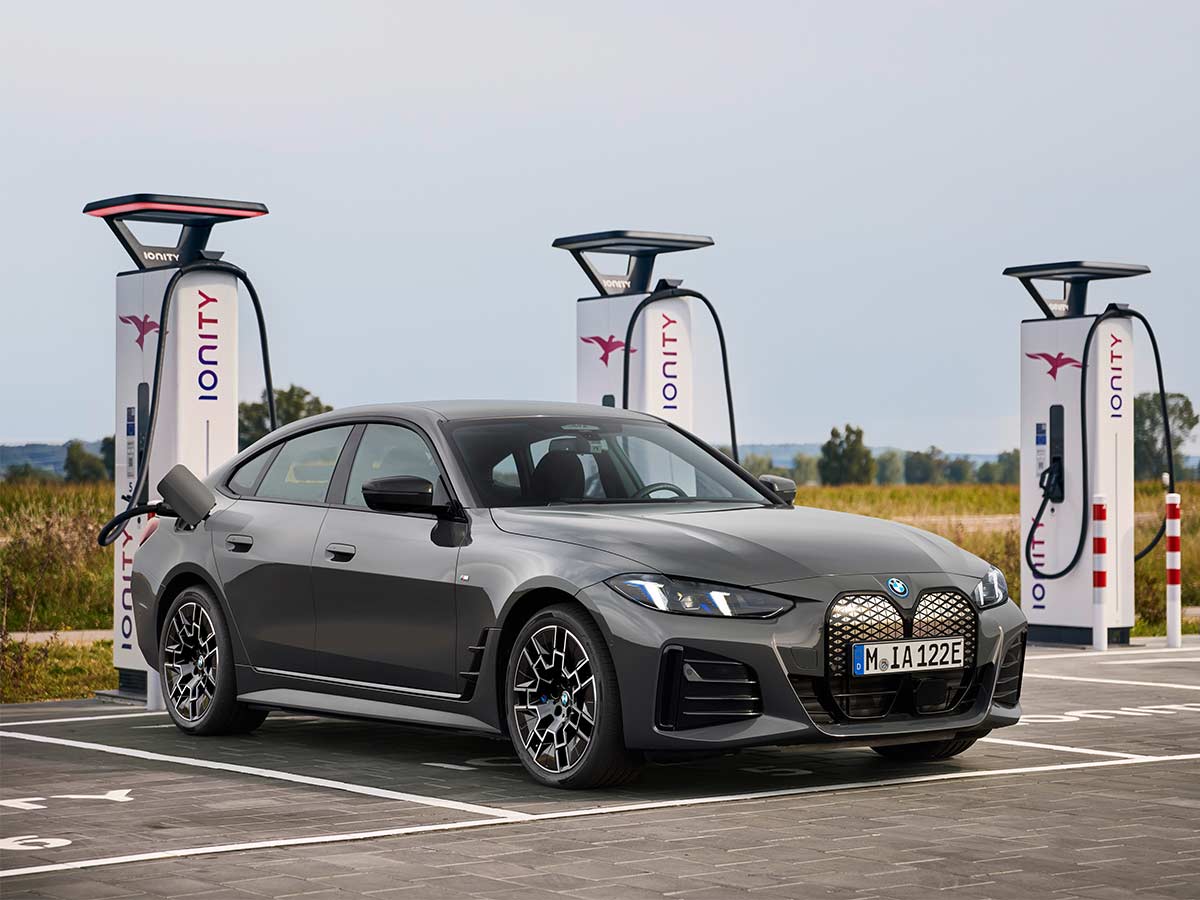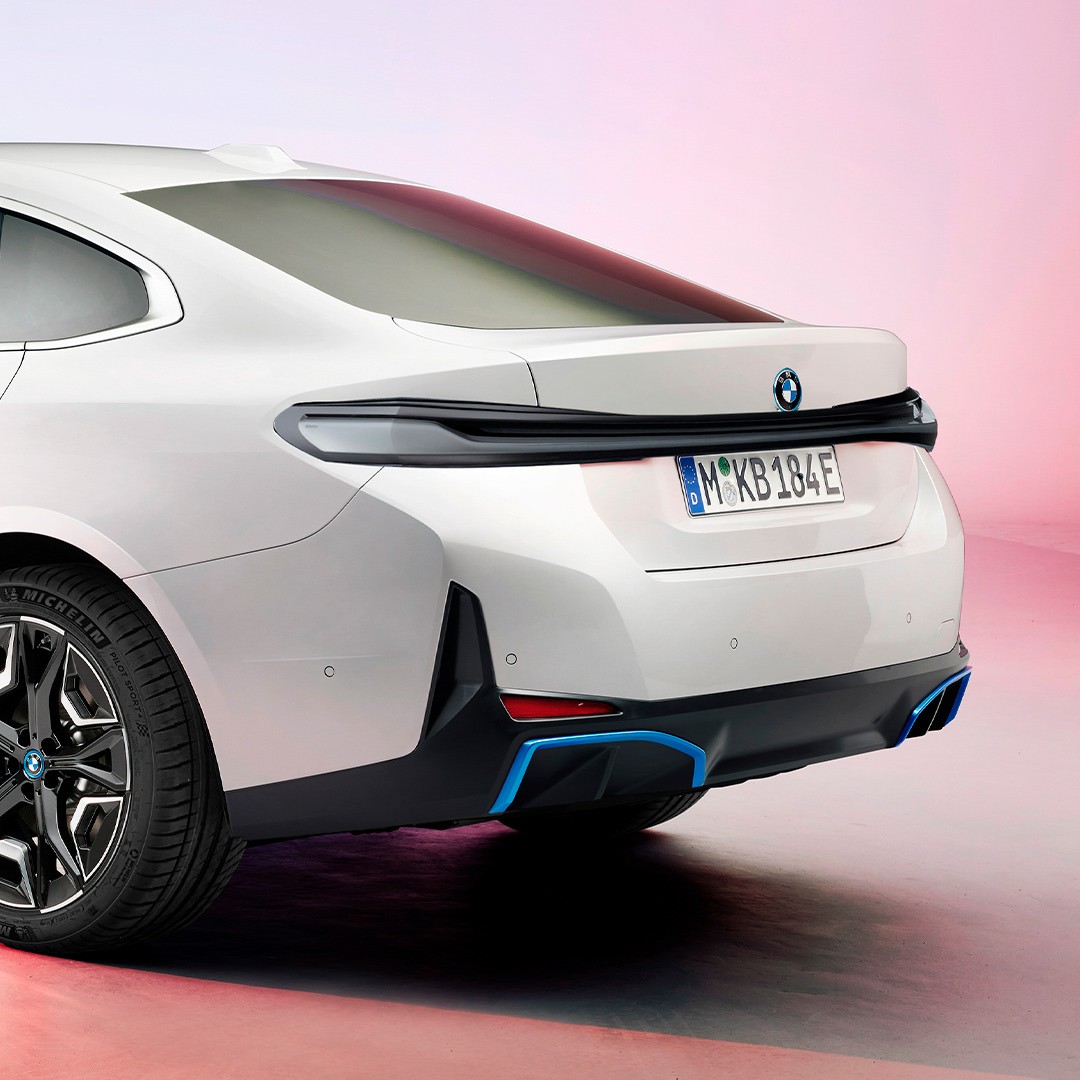
Charging into the Future: A Deep Dive into the 2025 BMW i4’s Charging Capabilities
The BMW i4, a sleek electric sedan, is already turning heads with its performance and design. But what truly sets it apart is its charging prowess. While the 2023 model year has impressed with its rapid charging capabilities, the 2025 i4 promises to push the boundaries of electric vehicle charging even further. This article delves into the exciting advancements in charging technology expected for the 2025 BMW i4, exploring its charging speed, compatibility, range, and the overall charging experience.
A Look Back: The 2023 i4’s Charging Prowess
Before diving into the future, let’s recap the charging capabilities of the current i4 model. The 2023 i4 boasts a 83.9 kWh battery pack that enables a respectable range of up to 301 miles (WLTP) on a single charge. This impressive range is further enhanced by its rapid charging capabilities.
The i4 can be charged at speeds up to 200 kW, allowing it to replenish its battery from 10% to 80% in just 31 minutes using a compatible DC fast charger. This rapid charging capability makes long journeys less daunting, ensuring drivers can quickly top up their battery while on the road.
The 2025 i4: A New Era of Charging
The 2025 BMW i4 promises to refine the charging experience even further. While the exact details of its charging capabilities are yet to be officially confirmed, several advancements are anticipated based on industry trends and BMW’s commitment to innovation.
1. Increased Battery Capacity: The 2025 i4 is expected to feature a larger battery pack, potentially exceeding the current 83.9 kWh capacity. This increased capacity will translate into an extended range, allowing drivers to cover even greater distances before needing to recharge.
2. Faster Charging Speeds: The 2025 i4 is likely to benefit from even faster charging speeds. BMW is actively researching and developing new battery technologies that enable faster charging times without compromising battery life. This could potentially push the i4’s charging speed beyond the current 200 kW mark.
3. Enhanced Charging Network Integration: BMW is committed to expanding its charging network partnerships. This means the 2025 i4 will likely have access to a wider range of charging stations, making it easier to find a charging spot and reducing range anxiety.
4. Advanced Charging Management System: BMW’s innovative charging management system will be further refined in the 2025 i4. This system optimizes charging times based on factors like battery temperature, charging infrastructure availability, and driver preferences. It will also allow drivers to remotely monitor and control charging processes through their smartphone app.
5. Wireless Charging Capabilities: While not confirmed, the 2025 i4 might even offer wireless charging capabilities. This futuristic feature would allow drivers to simply park their car on a designated charging pad and have their battery replenish automatically.
The Impact of Enhanced Charging Capabilities
The advancements in charging technology for the 2025 BMW i4 will have a profound impact on the overall ownership experience:
- Reduced Range Anxiety: The increased range and faster charging speeds will significantly reduce range anxiety, allowing drivers to embark on longer journeys with confidence.
- Improved Convenience: The expanded charging network and advanced charging management system will make charging the i4 more convenient and efficient.
- Enhanced Sustainability: Faster charging times contribute to a more sustainable future by allowing for quicker turnarounds for electric vehicles, reducing the need for multiple vehicles and minimizing environmental impact.
Charging Infrastructure: Keeping Pace with the i4’s Advancements
As the 2025 i4’s charging capabilities evolve, so too must the charging infrastructure. Governments and private companies are actively investing in expanding the public charging network. However, challenges remain in ensuring a robust and accessible charging infrastructure that can keep pace with the rapid growth of electric vehicles.
Challenges and Solutions:
- Charging Station Availability: A significant increase in charging stations is needed to accommodate the growing number of electric vehicles on the road.
- Charging Speed Compatibility: Ensuring that charging stations can handle the high-power charging needs of vehicles like the 2025 i4 is crucial.
- Charging Station Reliability: Reliable and readily available charging stations are essential to build consumer confidence in electric vehicles.
To address these challenges, several initiatives are underway:
- Public-Private Partnerships: Governments and private companies are collaborating to accelerate the development of charging infrastructure.
- Investment in Charging Technology: Research and development are ongoing to improve charging station efficiency, reliability, and speed.
- Smart Charging Technologies: Implementing smart charging technologies that optimize charging times based on grid demand and electricity prices can help manage grid load and promote sustainable energy use.
Beyond the Charging Port: The Future of Electric Mobility
The 2025 BMW i4 is not just a car with impressive charging capabilities; it represents a step towards a future where electric vehicles seamlessly integrate into our lives.
The Role of Technology:
- Autonomous Driving: The integration of autonomous driving features will further enhance the convenience and efficiency of electric vehicles, allowing drivers to focus on other tasks while their car charges autonomously.
- Connected Car Technologies: Connected car technologies will enable drivers to remotely monitor and control charging processes, access real-time information on charging station availability, and even schedule charging sessions to take advantage of off-peak electricity rates.
- Artificial Intelligence: AI algorithms will play a crucial role in optimizing charging routes, predicting charging needs, and ensuring optimal battery performance.
The Impact on Society:
- Reduced Emissions: The widespread adoption of electric vehicles like the 2025 i4 will significantly reduce greenhouse gas emissions and contribute to a cleaner environment.
- Improved Air Quality: Reduced emissions from electric vehicles will lead to improved air quality in urban areas, benefiting public health.
- Enhanced Energy Efficiency: Electric vehicles offer greater energy efficiency compared to traditional gasoline-powered vehicles, reducing our reliance on fossil fuels.
Conclusion: A Glimpse into the Future of Charging
The 2025 BMW i4 is poised to redefine the electric vehicle charging experience. Its anticipated advancements in battery technology, charging speeds, and charging network integration will make owning an electric car more convenient and enjoyable than ever before.
The future of electric mobility is bright, and the 2025 i4, with its impressive charging capabilities, is leading the way. As we move towards a more sustainable and technologically advanced future, the charging experience will become increasingly seamless and integrated into our daily lives. The 2025 BMW i4 is not just a car; it’s a glimpse into a future where electric vehicles are the norm, and the journey is as enjoyable as the destination.







